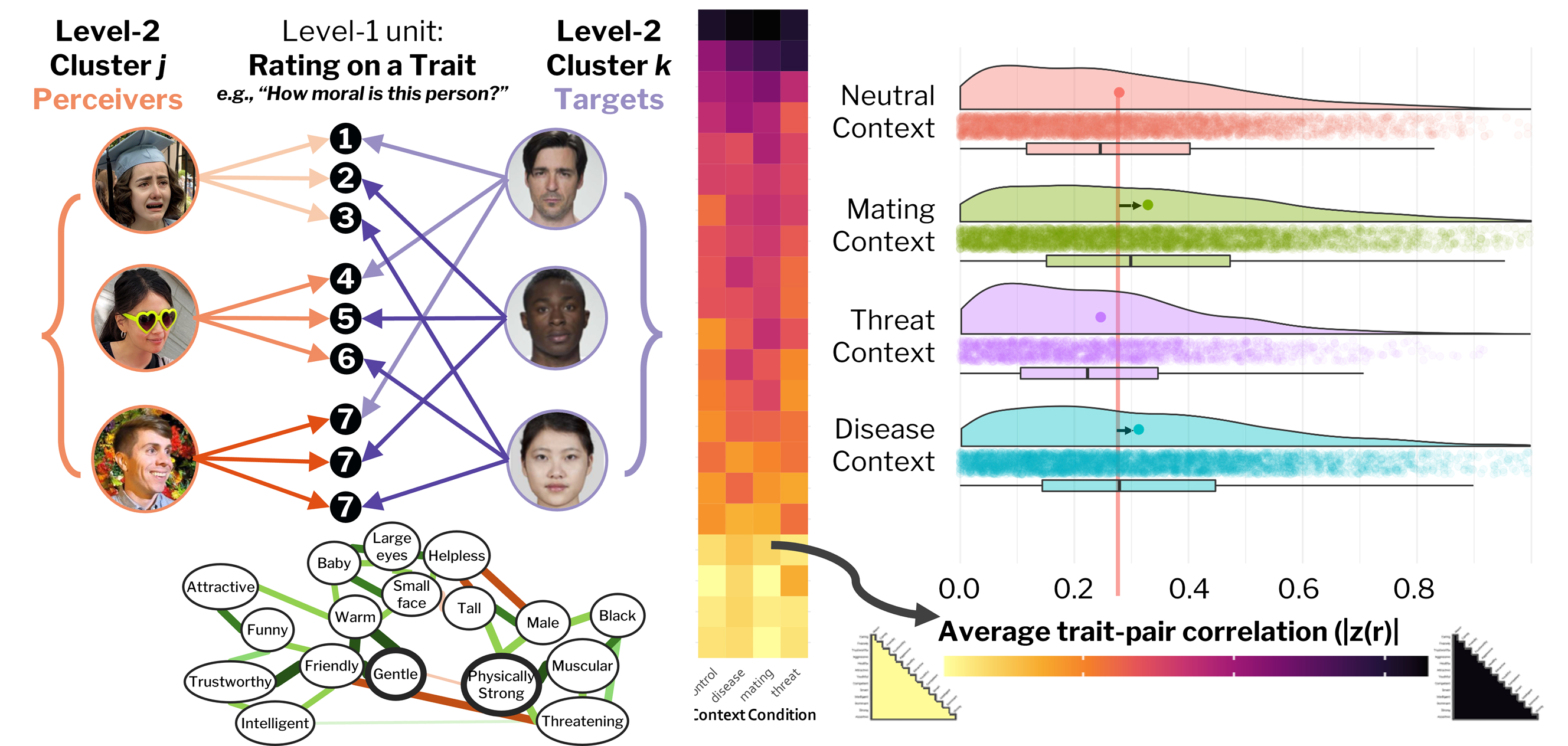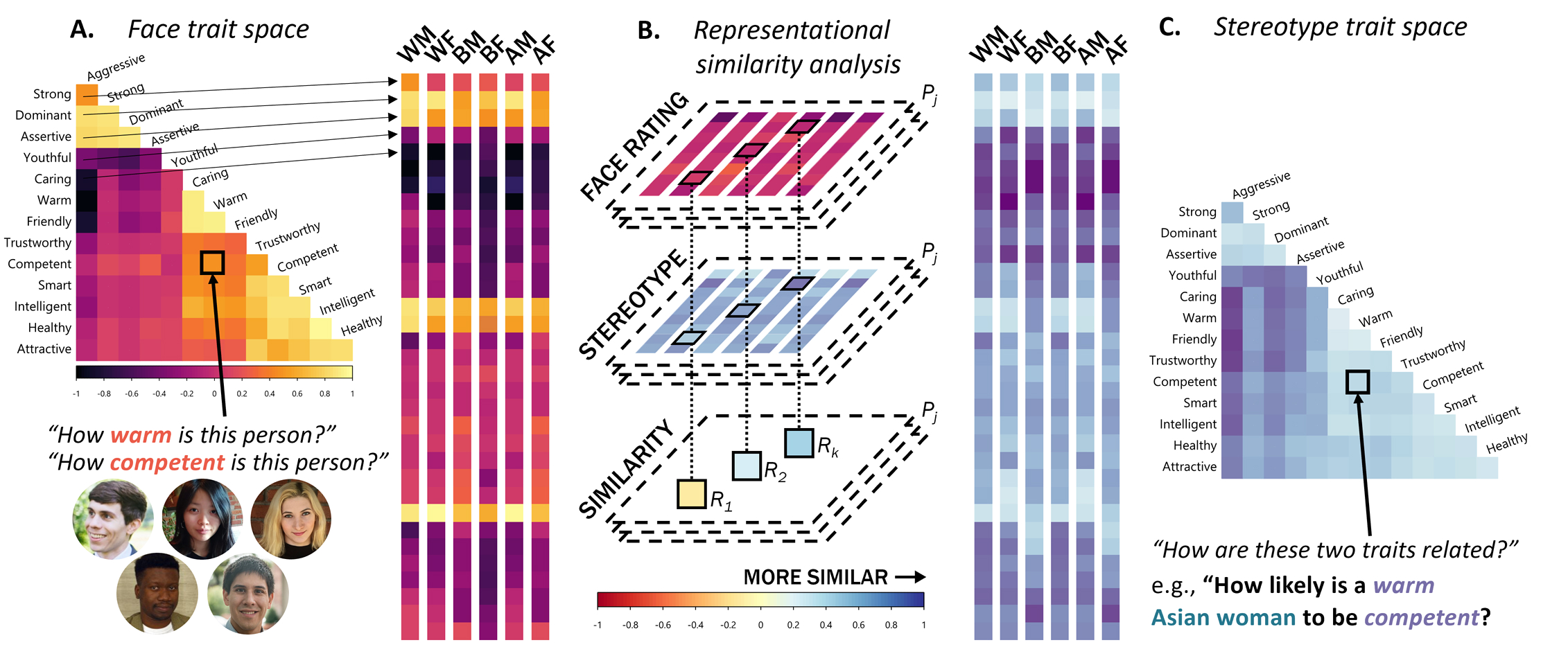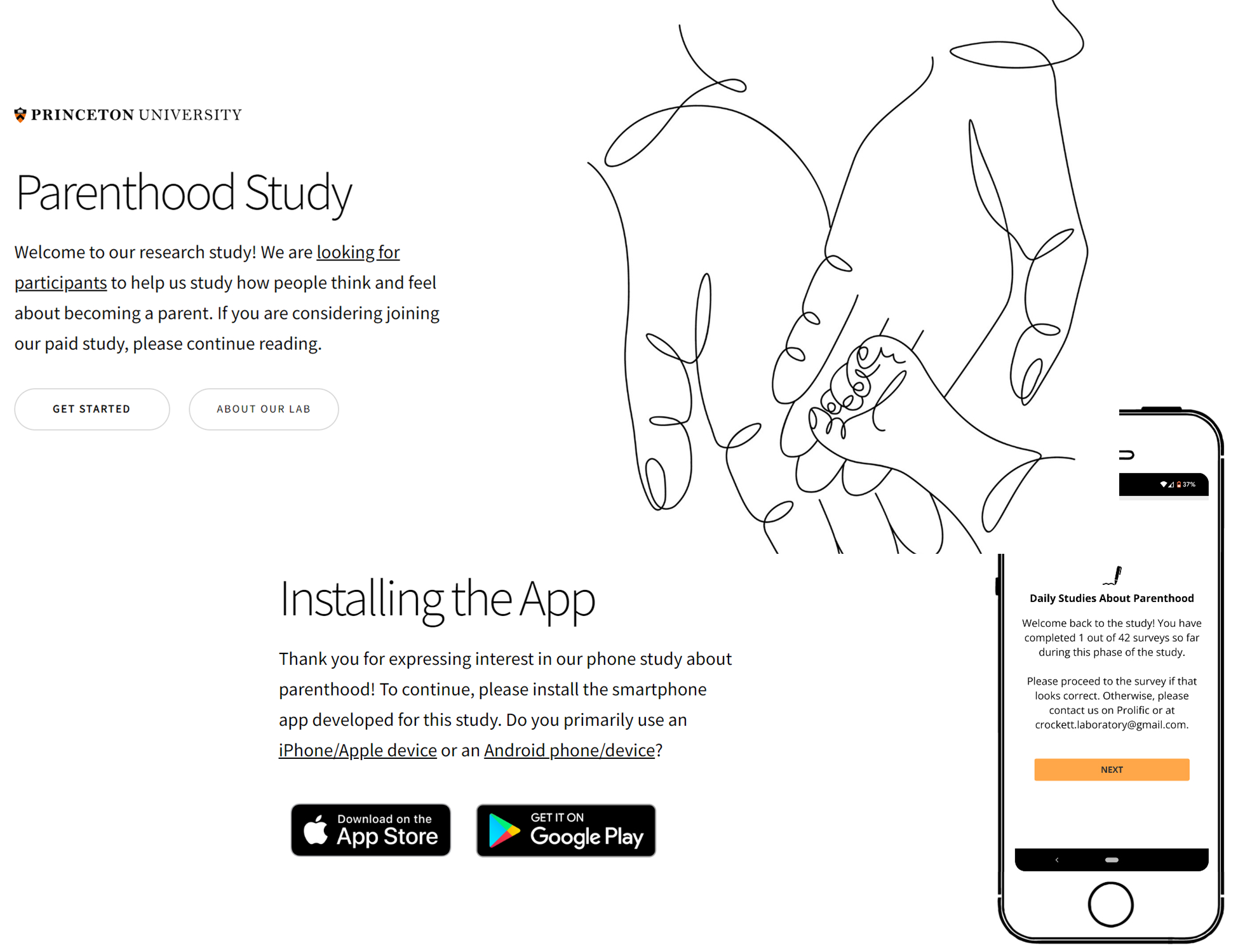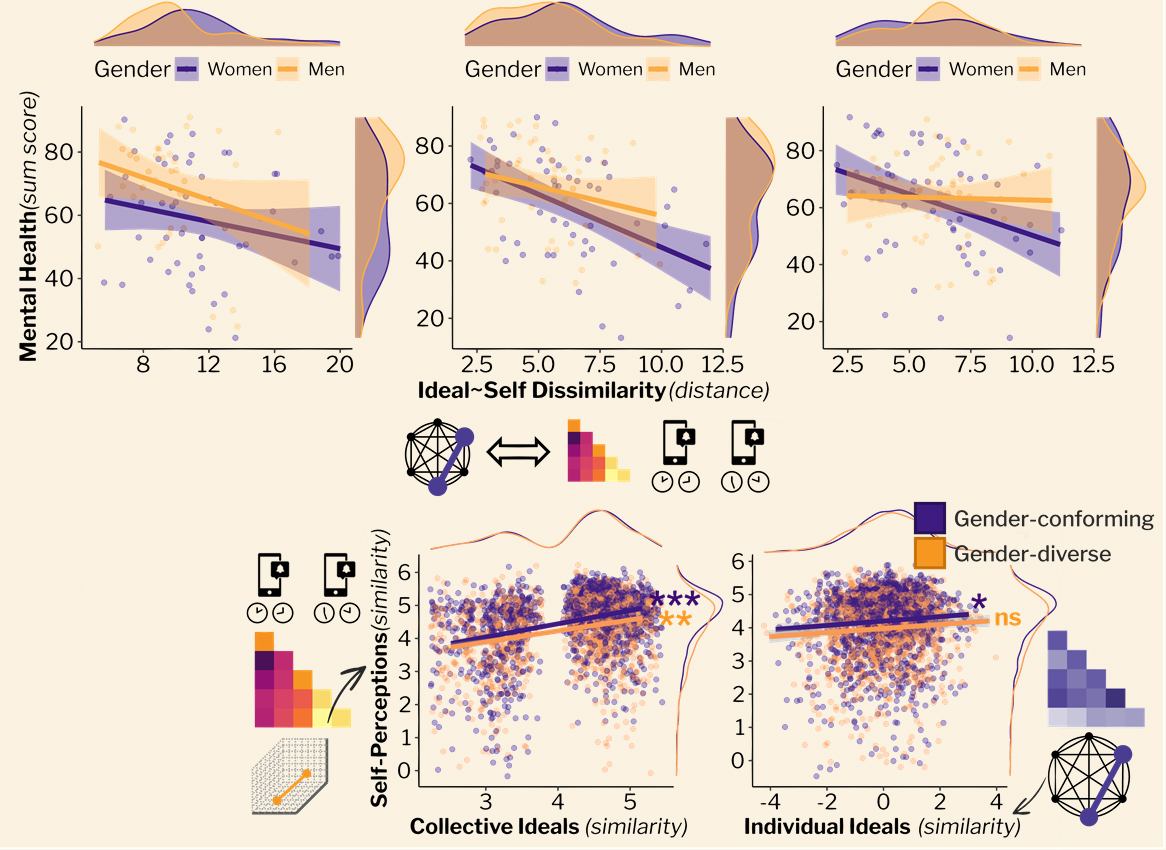Title here
Summary here
Welcome to the Social-Cognitive Science Lab at Simon Fraser University! Our lab studies how people learn and reason about each other to navigate a dynamic social world. We aim to better understand how cognition flexibly unfolds across different social contexts, and to use these insights to facilitate social connection, coordination, and change.




